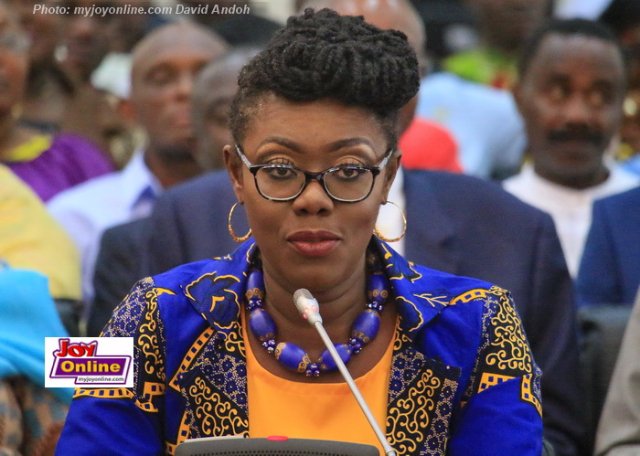The Minister of Communication and Digitalization, Mrs Ursula Owusu-Ekuful, has assured Ghanaians that the upcoming SIM card re-registration exercise will weed out all fraudsters and criminals in the mobile money space.
She said despite the huge adoption of mobile money in the country, the activities of those miscreants and fraudsters who take advantage of the system to defraud innocent customers had become a major challenge to the service.
“Mobile money fraud is a great challenge to the operations of mobile money activities in Ghana and another major effort from the government is the upcoming SIM re-registration exercise, a project being led by the Ministry to weed out cyber fraud and criminality,” she stated.
Mrs Owusu-Ekuful said this in a speech that was read on her behalf by the Chief Director of the ministry, Mrs Magdalene Apenteng, at a forum which was organized by Zeepay on the theme: ‘Bridging the last frontier: a case for digital remittance post-COVID-19.’
Increase in digital remittance
The minister noted that due to the restrictions in mobility and closure of remittance transfer locations, remittances sent through formal digital channels greatly increased in the second quarter of 2020, indicating a trend from informal to formal transfer methods.
Moving forward, she said that trend could be a positive push in reducing risks and vulnerabilities that informal remittance transfers often entail.
“It was no surprise, therefore, that at the height of the pandemic in 2020, ladies and gentlemen, analysts all over the world argued that remittance to Africa will dry up, as we were not expected to reap any benefits from the pandemic. This was due to the fact that essential workers were anticipated to be the ones that will be hard hit by the pandemic. Yet remittance into Africa proved to be resilient and rather grew by about two to three per cent,” she stated.
Digitization rides on four pillars
She said digitization rode on four main pillars: technology, data, process and organizational capability.
She said those pillars did not automatically achieve the desired results by themselves and must be coordinated in a deliberate manner to solve existing problems and provide solutions for a better economic and social welfare.
“The success of digitalization comes with coordinating all these efforts and it is for this reason that our President has extended the mandate of the Ministry of Communications to include digitization in order to supervise the development and implementation of the National Digital Economy Policy (NDEP).
“In Ghana, the main trends in digitalization and mobile money can be identified through the different categories of players such as Fintechs, electronic money institutions, banks and various entities that are currently involved in the mobile money market. Additionally, the Central Bank of Ghana is encouraging this ecosystem, notably through its mobile money interoperability platform and the promotion of access to the digital means of payment of MFIs,” she stated.
$3.5bn transactions
The Managing Director of Zeepay, Mr Andrew Takyi-Appiah, told the Daily Graphic that the country’s remittances grew in each passing year, with the 2020 figure standing at 23 million transactions, which amounted to $3.5 billion.
He said Zeepay contributed $2.4 million of that amount.
“In the first half of 2021, we have done $420 million out of 2.1 million transactions and this year, we are poised to do about 4.1 million transactions worth $840 million.
He said the company organized the forum to bring issues of remittances to the fore and make it a policy agenda for the government.







